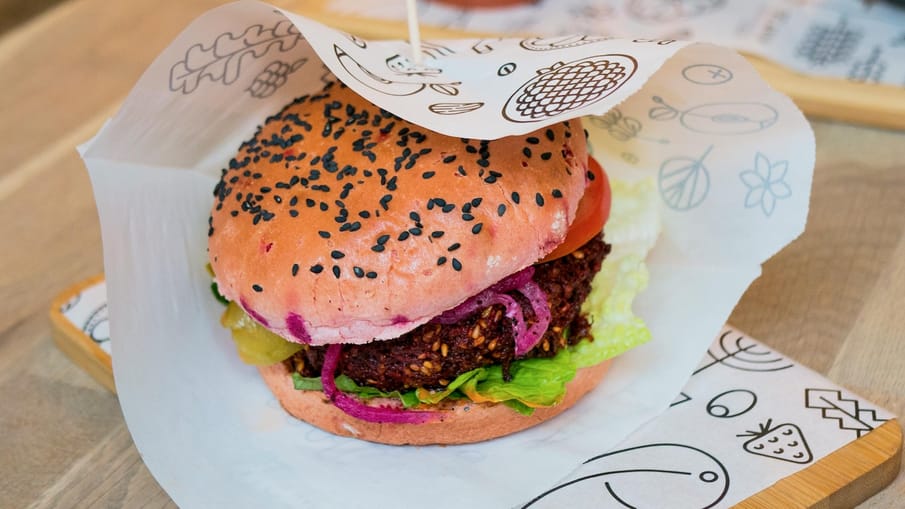After new findings discovered ultra-processed vegan food can increase risk of heart death, what dietary changes need to be made to improve heart health?
As more of us are learning about the impact meat-eating has on our planet and more restaurants increase their plant-based options, we’ve seen a rise in people becoming vegan in the UK. There are a number of reasons someone may choose to become vegan outside of planetary implications, including animal rights and pure preference. Some people may even go vegan because they see it as a healthier diet.
When vegan diets are balanced and full of variety, including lots of fruits, vegetables, nuts, wholegrains, seeds and beans, they can be incredibly beneficial for our health. Just like non-vegan diets though, when they’re unbalanced and contain too much ‘ultra-processed’ foods, they can be harmful to health.
“While it's true that a balanced vegan diet can have many health benefits, an unbalanced one can have the opposite effect and leave the body unnourished and deprived of many nutrients.” - Lucia Stansbie, Registered Nutritional Therapist, Dip CNM, mBANT, mCNHC
The link between ultra-processed vegan food and heart health
New research published in Lancet Regional Health assessed the diets of adults aged 40 to 69 and their hospital data for nearly a decade. The results found that every 10% increase in plant-based foods was associated with a 20% reduction in heart-disease-related death if the food was not ultra-processed. When the increase came from ultra-processed plant-based foods, however, it was linked to a 12% increase in heart-disease-related deaths.
The term ‘ultra-processed’ is used when foods go through a high degree of processing and additional components like additives are included. Typically when we hear this, we think of items like hot dogs, pastries, fizzy drinks and ready-to-eat items.
Ultra-processed vegan foods can often be promoted as being ‘healthy’ because they’re vegan, even when they’re not.
Dr Eszter Vamos, co-author for the study, from Imperial College London’s School of Public Health, said: “Fresh plant-based foods such as fruits and vegetables, wholegrains and legumes are known to have important health and environmental benefits.
“While ultra-processed foods are often marketed as healthy foods, this large study suggests that plant-based ultra-processed foods do not seem to have protective health effects and are linked to poor health outcomes.”
This study has helped to highlight issues around some meat-replacement food items like vegan burgers and sausages that can be promoted as healthier alternatives. Interestingly though, around half of ultra-processed foods from vegan diets in the study were items like cakes, biscuits and pastries.
“It is important to emphasise that just because a food or drink is technically plant-based, it does not mean it is healthy,” Dr Duane Mellor, Dietitian and Spokesperson for the British Dietetic Association explains to the Telegraph.
“What we need to try to do is eat a diet that is mainly vegetables, fruits, legumes, nuts and seeds with wholegrain.”
Heart-healthy vegan diets
Whether you’re vegan or not, it seems a big step towards heart-health involves reducing ultra-processed foods. This means upping our intake of wholefoods, enjoying a good variety of fruits and vegetables and keeping an eye on pre-packaged foods.
The label vegan does not necessarily mean healthy, so look out for saturated fat, salt and sugar levels to help you make an informed choice. Where possible, try making your favourites at home so you aware of the ingredients involved (we love this recipe for home-made sweet potato, cavolo nero and black bean vegan burgers!).
If you’re worried your vegan diet isn’t giving you the nutrients you need or simply want some guidance around dietary changes for heart-health, it can help to work with a nutrition professional. They can take your personal circumstances into account and find a way of eating that works for you.


Comments